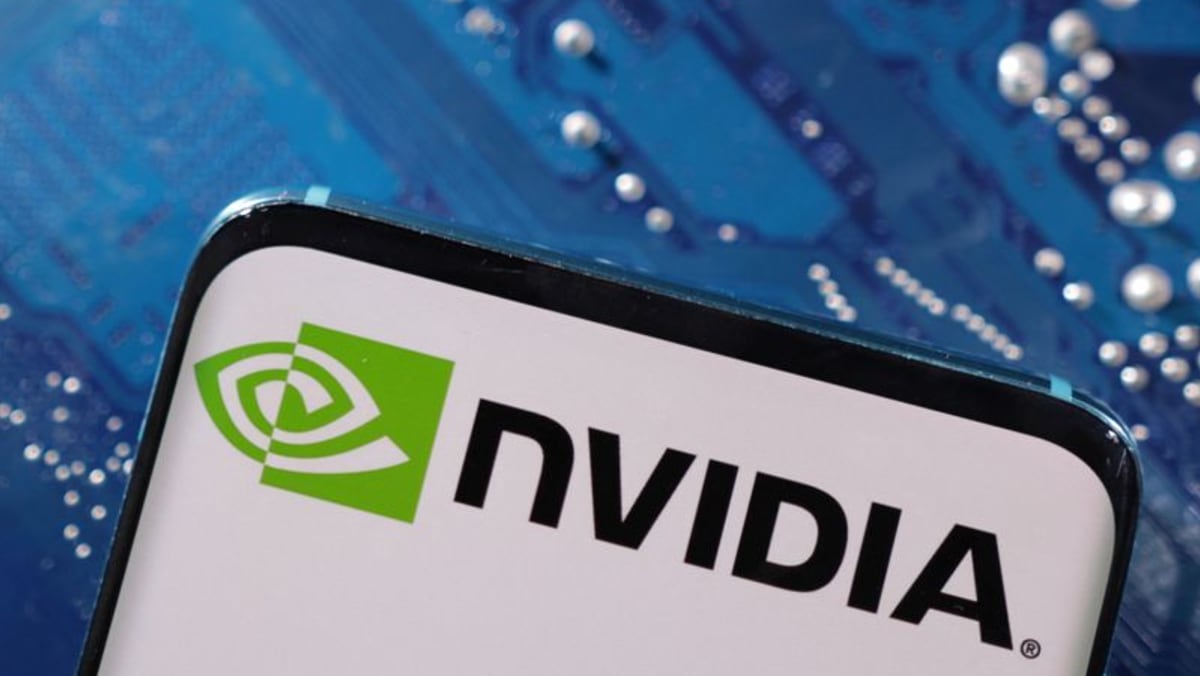Nvidia has announced a significant shift in its approach to the Chinese market by resuming sales of its H20 graphics processing unit (GPU) chips. This move comes alongside the launch of a new model that
Did You Know
The dot over an “i” is called a tittle.
?
AD
conforms to China's regulatory requirements, a vital step towards re-establishing its foothold in what is one of the world’s largest tech markets. The company indicated that it applied to resume H20 sales, and previous forecasts suggested a potential loss of around $8 billion in revenue due to prior sales restrictions, making this decision a crucial recovery tactic as it seeks to navigate ongoing trade tensions.
At the forefront of this strategic pivot is CEO Jensen Huang, who emphasizes the transformative potential of artificial intelligence (AI) in enhancing workplace productivity. He acknowledges the dual-edged sword of innovation, cautioning that a lack of new ideas could lead to job displacements. In a bold assertion, Huang argues that China does not require American technology for its military endeavors, suggesting that the Chinese military is unlikely to use U.S. AI chips due to the associated risks.
As Nvidia strengthens its presence in China, Huang is set to hold media briefings and attend the China International Supply Chain Expo in Beijing, underscoring the importance of maintaining robust international ties in a landscape marked by geopolitical strife. The conversation around AI's impact on employment continues to evolve, with Huang advocating for adaptation rather than fear of job losses. In the wake of escalating U.S.-China tech tensions, Nvidia's path forward seems to be one of resilience and innovation, as it balances complex regulatory landscapes with a commitment to growth.
Q&A (Auto-generated by AI)
What is Nvidia's role in AI development?
Nvidia is a leading technology company specializing in graphics processing units (GPUs) that are crucial for artificial intelligence (AI) development. Its GPUs are widely used in AI applications, enabling complex computations and data processing required for machine learning and deep learning tasks. The company's CEO, Jensen Huang, emphasizes the strategic importance of AI hardware, positioning Nvidia as a key player in the AI ecosystem.
How do AI chips impact job markets?
AI chips, like those produced by Nvidia, are transforming job markets by automating tasks and enhancing productivity. Jensen Huang argues that while AI may lead to workforce changes, it will also create new job opportunities by augmenting human capabilities. This perspective counters fears of widespread job loss, suggesting that adaptability and innovation are essential for the workforce to thrive alongside AI advancements.
What are H20 GPU chips used for?
H20 GPU chips are specialized graphics processing units designed for high-performance computing tasks, particularly in AI and machine learning applications. They facilitate complex calculations and data analysis, making them essential for industries such as gaming, autonomous vehicles, and data centers. Nvidia's recent decision to resume sales of H20 chips to China underscores their significance in the global tech landscape.
What regulations affect Nvidia's sales in China?
Nvidia's sales in China are influenced by U.S. government regulations aimed at controlling the export of advanced technology, particularly AI and semiconductor chips. These regulations are part of broader trade tensions between the U.S. and China, focusing on national security concerns. Nvidia has worked closely with the U.S. government to ensure compliance while seeking to resume sales of its H20 chips in China, which has specific regulatory requirements.
How does AI influence workplace productivity?
AI significantly boosts workplace productivity by automating routine tasks, providing data-driven insights, and enhancing decision-making processes. Technologies powered by AI, including those utilizing Nvidia's GPUs, allow businesses to optimize operations and innovate. Jensen Huang asserts that AI will transform every job, enabling workers to focus on higher-level tasks and creative problem-solving rather than mundane activities.



















